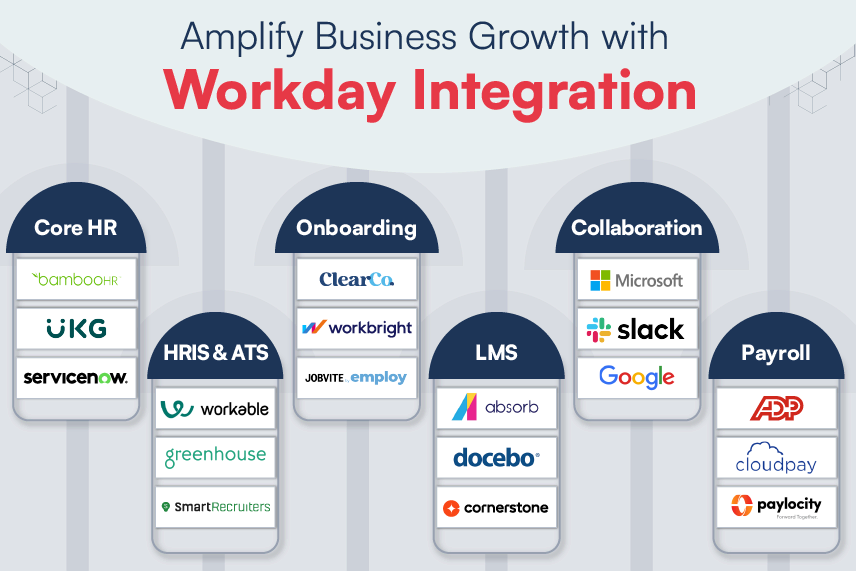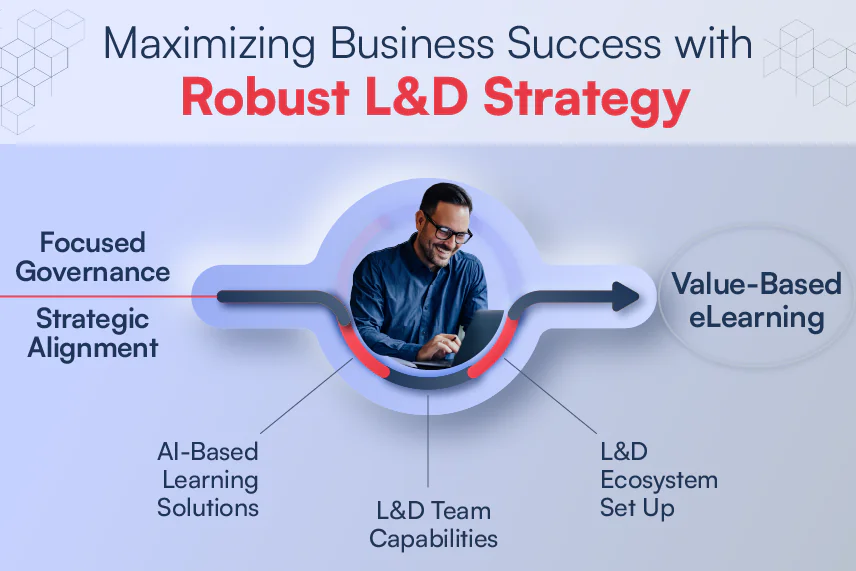
Some of the frequently asked (or thought if not asked) question in an author’s mind in eLearning industry are:
- How do I publish my contents to reach my students more effectively?
- Can I make my contents more interactive using recent advancements of technologies?
- How can I enhance the experience of learners for my contents?
Though there are many publishing options but ePub has emerged as the chosen one for the eLearning industry. ePub is supported across all major platforms and is rapidly evolving to keep itself up-to-date with current technology. Some of the major features of ePub are showcased in the adjacent diagram.
| It is thus evident that ePub has absorbed the recent advancements in technology and therefore is an ideal choice to publish your contents.While ePub is advancing and is gaining support from several corporate, it leaves much to be desired to be compatible format for Learning Management Systems. Web based LMS systems are based on the principles of pedagogy and are best practiced by frameworks like SCORM.ePub in its current form provides a good presentation platform for stories and novels or some other informative texts but to become a channel for learning material over LMS systems it needs to be modified or extended. Following improvements in ePub would benefit the ELearning industry: | Features of ePub
|
|---|
- Sharable content objects: The sharable content object (SCO) in context of SCORM profiles a resource and provides an interface to communicate the metadata with LMS system. It will be beneficial if ePub’s spine and .opf files could be extended to provide a support for SCO such that its Navigation document gets updated automatically
- Progress tracking: The tracking of progress in learning material has led to big success of LMS. It will be beneficial if ePub could also evolve to include these
- Inclusion of tests at the end of modules: Beside the progress of content delivery, the ePub could also be improved to provide tests interfaces so as to track the progress of learner. Some visual cue to show the progress will help in improved planning of further learning.
- Annotation Migration: ePub provides good support for content annotations. But the support for migration of these annotations when the content is updated is missing. This kind of support will improve user’s experience and trust with ePub based systems.
Summary
The eLearning industry has to take a pragmatic approach for enhancing learning effectiveness and the user experience by extending and adapting ePub for publishing contents for LMS systems.






